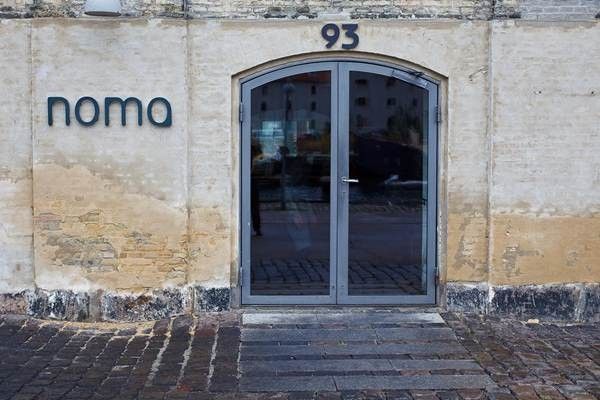
Some may consider molecular gastronomy – that is, scientific approach to food preparation with careful study of product properties and ways in which they accentuate each other – is a passing fad. But one thing cannot be overlooked: a number of leading restaurants in the world treat this tendency very seriously, sometimes so seriously as to make it one of their distinctive features.
Let’s take a look at top molecular gastronomy restaurants and the message they send to the world.
1.
Noma. Copenhagen, Denmark
Noma is a blend of Danish words “nordisk” and “mad”, meaning literally “Nordic food”. Despite this name, Noma is far from simply providing a traditional Scandinavian menu. Instead, it reimagines, reinvents and reinterprets well-known Nordic dishes with liberal implementation of molecular gastronomy principles. This approach didn’t take long to find its supporters – last year Noma was ranked the Best Restaurant in the world by Restaurant magazine.
Noma owners and staff are not adverse to peculiar marketing moves: for example, back in 2012 it was temporarily relocated to London, and right now they are giving a taste of Nordic cuisine to the Japanese – until February, 14 Noma moved to Tokyo.
2.
Alinea. Chicago, the USA
Alinea takes an entirely different approach. Instead of reimagining the past, it jumps headlong into the future. Minimalistic, post-post-modern design reminiscent of modern arts museum, waiters who look more like bank executives, and food that looks and feels more like works of art that something that one is supposed to actually eat. Alinea’s chef, Grant Achatz, is constantly inventing new fascinating combinations that one can hardly hope to find anywhere else.
3.
The Fat Duck. Bray, Berkshire, England.
The Fat Duck, run by Heston Blumenthal, commonly referred to as the best molecular gastronomy chef in the world and one of its major proponents, is certainly the place to visit if you are after unusual culinary experiences. A self-taught chef, Heston Blumenthal is known for unconventional approaches to cooking, deep interest in combining sensory inputs to achieve maximum pleasure from food (like his famous “Sound of the Sea” dish), scientific approach to ingredient combination based on their molecular makeup and the fact that every visit to The Fat Duck turns into a full-fledged culinary adventure.
4.
Arzak. San Sebastian, Spain
Taking traditional Basque cuisine as a foundation, Juan Mari Arzak together with his daughter Elena Arzak Espina have turned it into something unique. Keeping three Stars Michelin rating for 24 years and having won the World’s 50 Best Restaurants Lifetime Achievement Award in 2011, Arzak can certainly state that scientific approach to food preparation did a good job for it.
And scientific it is – creating about 40 completely new recipes every year, Arzak’s proprietors do most of their work not in the kitchen, but in laboratory, combining ingredients that never before met each other on a plate, and turning them into culinary marvels.
5.
Bo Innovation. Hong Kong.
If you want to see traditional Chinese food prepared in unusual, foreign, scientific fashion, manipulated to the point of unrecognizability, then visiting Bo Innovation is a must. Chef, Alvin Leung, is originally an engineer, and he clearly applies scientific approach to what he does. Just like with any molecular gastronomy cuisine, this food isn’t for everyone – you have to be prepared to be surprised to enjoy it. And surprise you it will.
One may have different opinions of molecular gastronomy, but if you consider yourself a gourmet you should be ready to experiment and look for new impressions. In the world where cuisine of any culture and country is easily available it gets rather hard to find a new culinary experience – and molecular gastronomy serves as an excellent way out.













